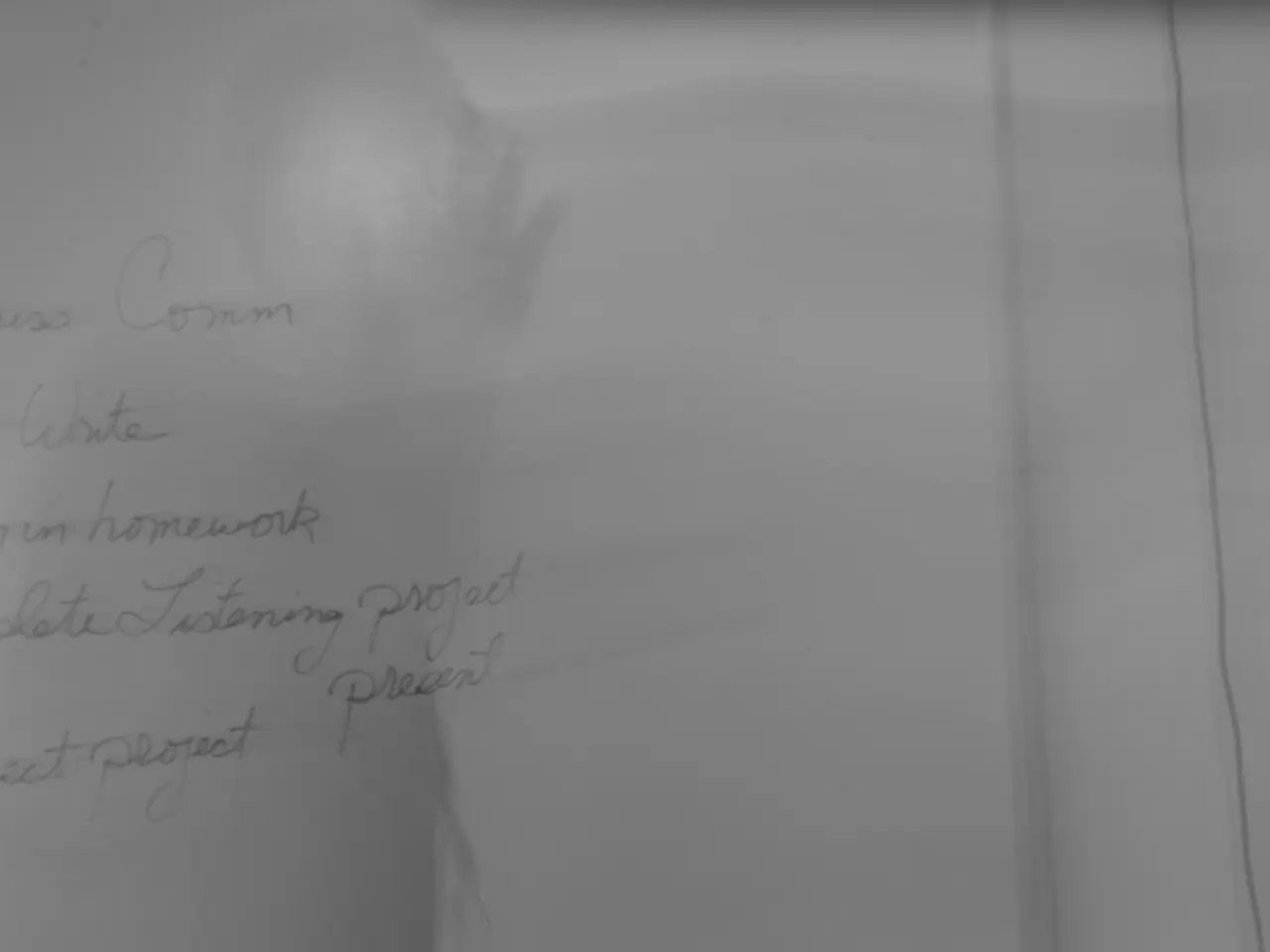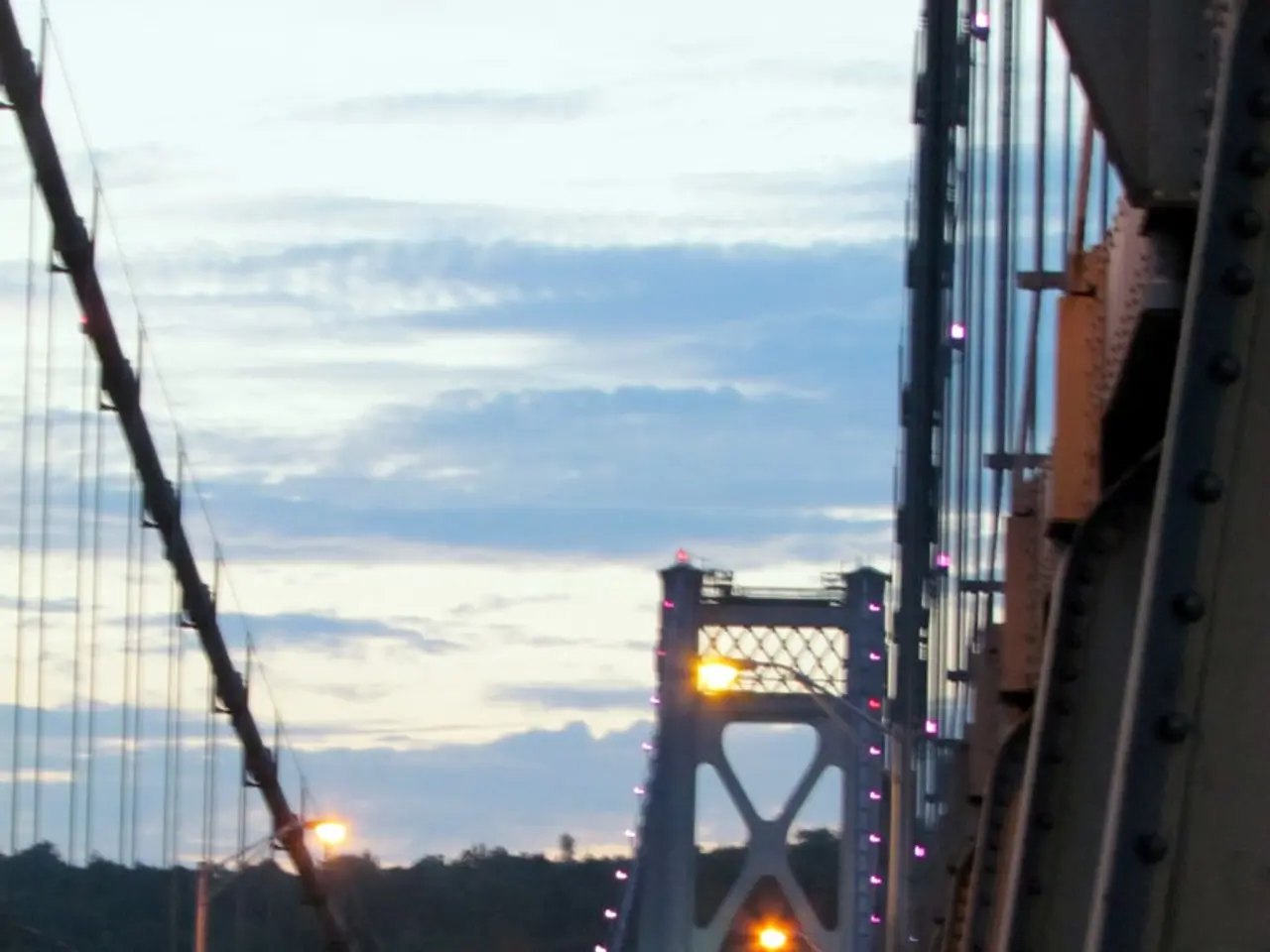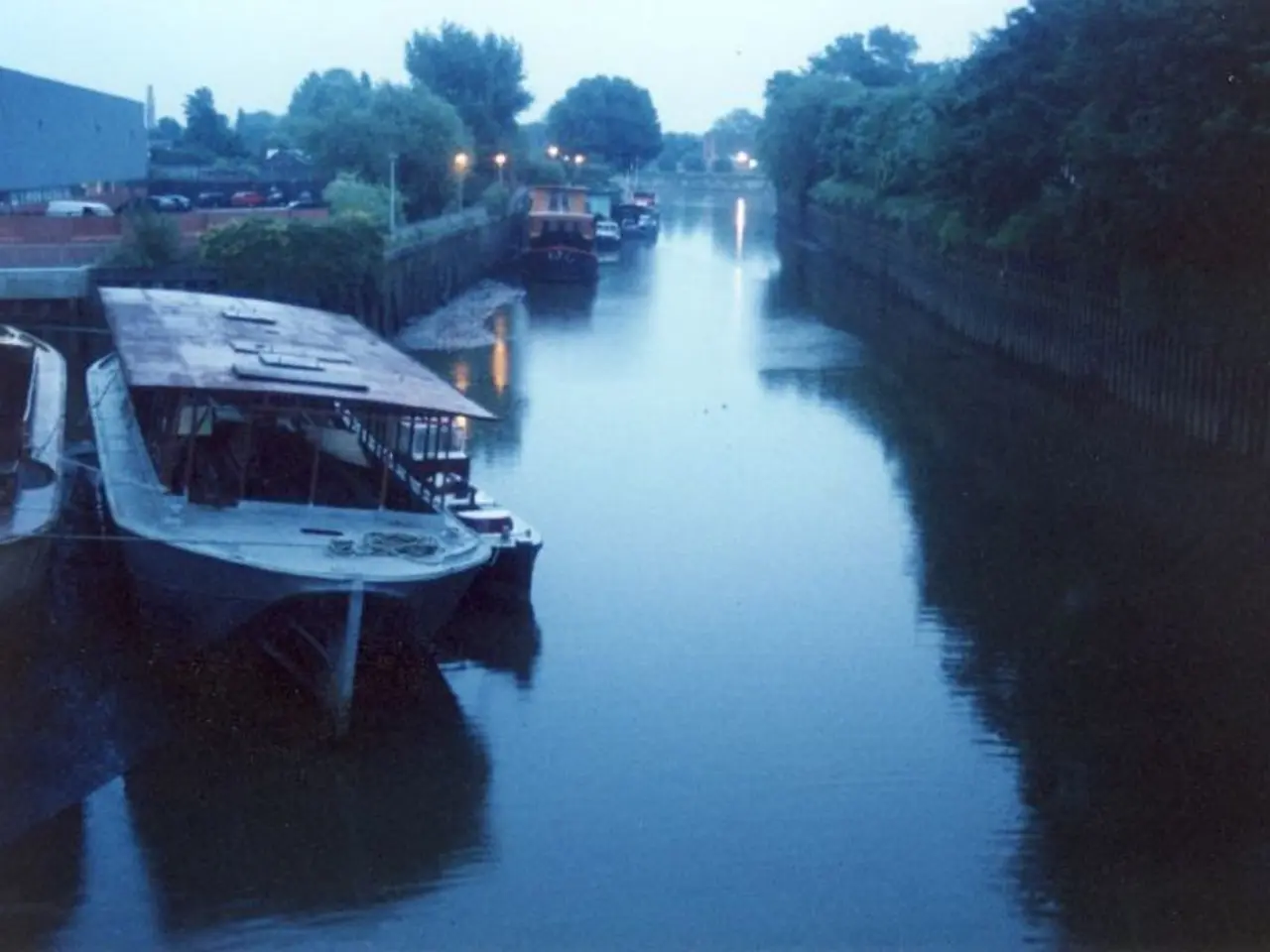Rockin' the Foundation: Divvying Up Infrastructure Billions
Finance Ministers of the Länder disburse billions towards infrastructure development.
Finance ministers are ready to let loose with a plethora of infrastructure billions, following swift agreement between the Union and SPD on colossal investments. The federal states are set to pocket 100 billion euros, with more funds potentially on the horizon.
According to Marcus Optendrenk, chair of the finance ministers' conference and a CDU member, the key of Königstein will serve as the benchmark for this distribution. He praises the regulation as solid and dependable.
Infrastructure projects, new credit avenues - it's all on the table for the states, thanks to debt-financed 100 billion euros, destined for countries and municipalities. Moreover, the states could take on an additional 15 billion euros through new debts, equating to 0.35 percent of their economies.
Economy Becomes Prime Chatelaine
Federal Finance Minister Lars Klingbeil conveys the construction and infrastructure industry's "most significant demand" from Olaf Scholz: a speedy resolution among the states. States are now at the starting blocks, and it's time to race ahead, says parliamentary state secretary Michael Schrodi in the Federal Ministry of Finance. The ministers are all set to deliberate on the proposed plan.
The lawmakers are expected to debate a draft bill ahead of the summer break.
North Rhine-Westphalia Scales the Winners' Podium
Calculated using a combination of tax revenue and population, the key of Königstein changes annually. Hence, the most populous state, North Rhine-Westphalia (NRW), snags the largest share, roughly 21 billion euros.
Green Party finance minister Silke Schneider of Schleswig-Holstein views this as a clear signal. "I anticipate the federal government will now promptly prepare the necessary implementing laws because the states require planning security."
A Decade of Investments: Rhineland-Palatinate Takes Center Stage
Rhineland-Palatinate finance minister Doris Ahnen (SPD) envisions a "decade of investments" to bring public infrastructure up to par. She emphasizes that such efforts are beyond the scope of current budgets and that additional spending is essential through appropriate federal-state programs, aid from special funds, and monies from the climate and transformation fund, with a spotlight on municipalities. "Needs at the municipal level are massive," Ahnen highlights.
Bridges to Schools - A Renovation Revolution
Prevailing policy decisions have enabled Germany's heftier debt, despite the debt brake, in favor of enhanced infrastructure spending, with defense expenditures receiving a loosened leash. Moreover, a special fund equipped to handle up to €500 billion in loans has been established to address the nation's mounting backlog of dilapidated infrastructure, including bridges, energy networks, roads, and schools.
Split evenly between climate safety and state distribution, this fund will see 100 billion euros allocated for infrastructure improvements. While sector-specific allocations have yet to be defined, projects prioritized in rail, healthcare, education, and energy infrastructure are expected to receive substantial investments. Determining the regional distribution of funds will depend on the projects prioritized and the government's regional funding priorities.
[1] ntv.de[2] AS/dpa[3] European Council on Foreign Relations (ECFR)
- Keywords: Finance Minister, Federal States, Infrastructure Investments, Special Fund, Rail Infrastructure, Healthcare, Education, Energy Infrastructure
In this cash-infused climate, sectors like rail, healthcare, education, and energy infrastructure stand primed for revitalization. With the right initiatives and forward-thinking, Germany's infrastructure woes could soon become a coveted success story of modernization and resilience.
- The finance ministers, in agreement with the Union and SPD, are ready to disperse a vast amount of infrastructure billions, with the federal states receiving 100 billion euros initially, and potentially more to come.
- Financing ministers from different states are anticipated to have deliberations on the proposed infrastructure investment plan, as the lawmakers prepare to debate a draft bill before the summer break.
- Despite the annual change of the key of Königstein, the most populous state, North Rhine-Westphalia (NRW), is likely to receive the largest share, approximately 21 billion euros, due to higher tax revenue and population.
- Rhineland-Palatinate finance minister Doris Ahnen aspires to create a "decade of investments" for public infrastructure improvement, emphasizing the need for additional spending through appropriate federal-state programs, aid from special funds, and monies from the climate and transformation fund, with a particular focus on municipalities.




